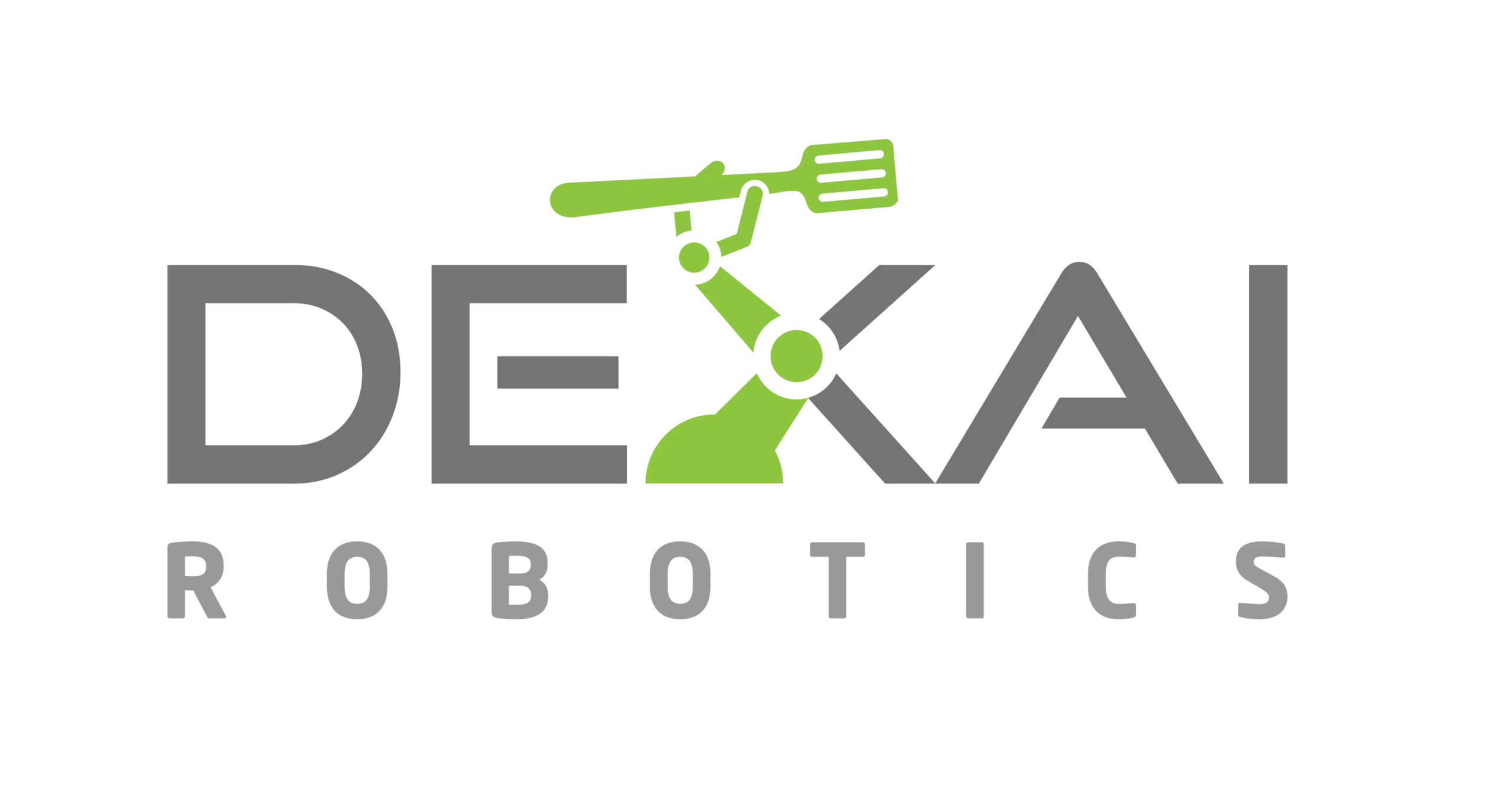We only take on 4 clients per month. Join our June cohort. 1 spot left.
Conversation
Highlights
Welcome to another episode of Category Visionaries — the show that explores GTM stories from tech’s most innovative B2B founders. In today’s episode, we’re speaking with Leif Magnuson, CEO & Co-Founder at Tiphaus, a tip distribution management platform that has raised $8 Million in funding.
Here are the most interesting points from our conversation:
- Leif’s Path from Consultant to Founder: Leif’s consulting work with restaurants on efficiency and technology revealed a significant gap in tip distribution management, inspiring the creation of Tiphaus.
- Rapid Adoption and Growth: Leveraging his industry connections, Leif quickly secured major clients for Tiphaus, including large restaurant chains, demonstrating the platform’s immediate impact and value.
- Overcoming Industry Complexities: Tiphaus faced the challenge of integrating with numerous POS systems, highlighting the complexities of the tip management space and the need for a specialized solution.
- Navigating Through COVID-19: The pandemic posed significant challenges for Tiphaus, mirroring the struggles of the broader hospitality industry. Yet, the crisis also presented opportunities for innovation and growth.
- The Vision for Tiphaus’s Future: Leif envisions transforming Tiphaus into an incentivization engine for the hospitality industry, enhancing the performance and satisfaction of service workers through data-driven insights.
- Fundraising Insights: Leif shares candid reflections on the fundraising journey, emphasizing the importance of resilience, focusing on the product, and navigating investor relationships amidst challenging financial landscapes.
Actionable
Takeaways
Leverage Personal Experience for Innovation:
Leif's transition from a consultant to a founder was driven by his direct encounters with inefficiencies in tip distribution within the restaurant industry. This underscores the value of leveraging personal or observed industry-specific challenges as a foundation for innovation. Founders should actively seek out and identify pain points in their fields of expertise or daily experiences, as these can reveal unmet needs and opportunities for disruption.
Utilize Industry Connections for Early Traction:
The rapid scaling of Tiphaus was significantly aided by Leif's existing relationships within the hospitality industry. For founders, building a strong network within your target industry can provide early adopters and champions for your product. Engage with industry groups, attend relevant events, and maintain connections with potential clients and partners who can offer critical feedback and early market entry.
Address Complex Integration Needs Early:
The challenge Tiphaus faced in integrating with a wide array of POS systems highlights the importance of building flexible and adaptable technology solutions. Startups, particularly those offering B2B SaaS products, should prioritize interoperability and ease of integration from the outset. This may involve developing robust APIs or ensuring compatibility with existing industry-standard software and systems.
Pivot and Adapt in Response to Market Shifts:
The COVID-19 pandemic forced Tiphaus to adapt rapidly to a changing market landscape. Similarly, founders must remain agile, ready to pivot or adjust their product and business model in response to unforeseen challenges or shifts in market demand. This could involve exploring new use cases for your technology, entering different market segments, or temporarily shifting focus to sustain operations during downturns.
Focus on Building a Product That Delivers Clear Value:
The success of Tiphaus in securing significant clients early on was largely due to its clear value proposition over existing solutions. Founders should focus on developing products that not only meet a specific need but do so in a way that is demonstrably better than the competition. This involves understanding your clients' pain points in depth and offering a solution that is not just novel but also significantly improves on existing processes or outcomes.























